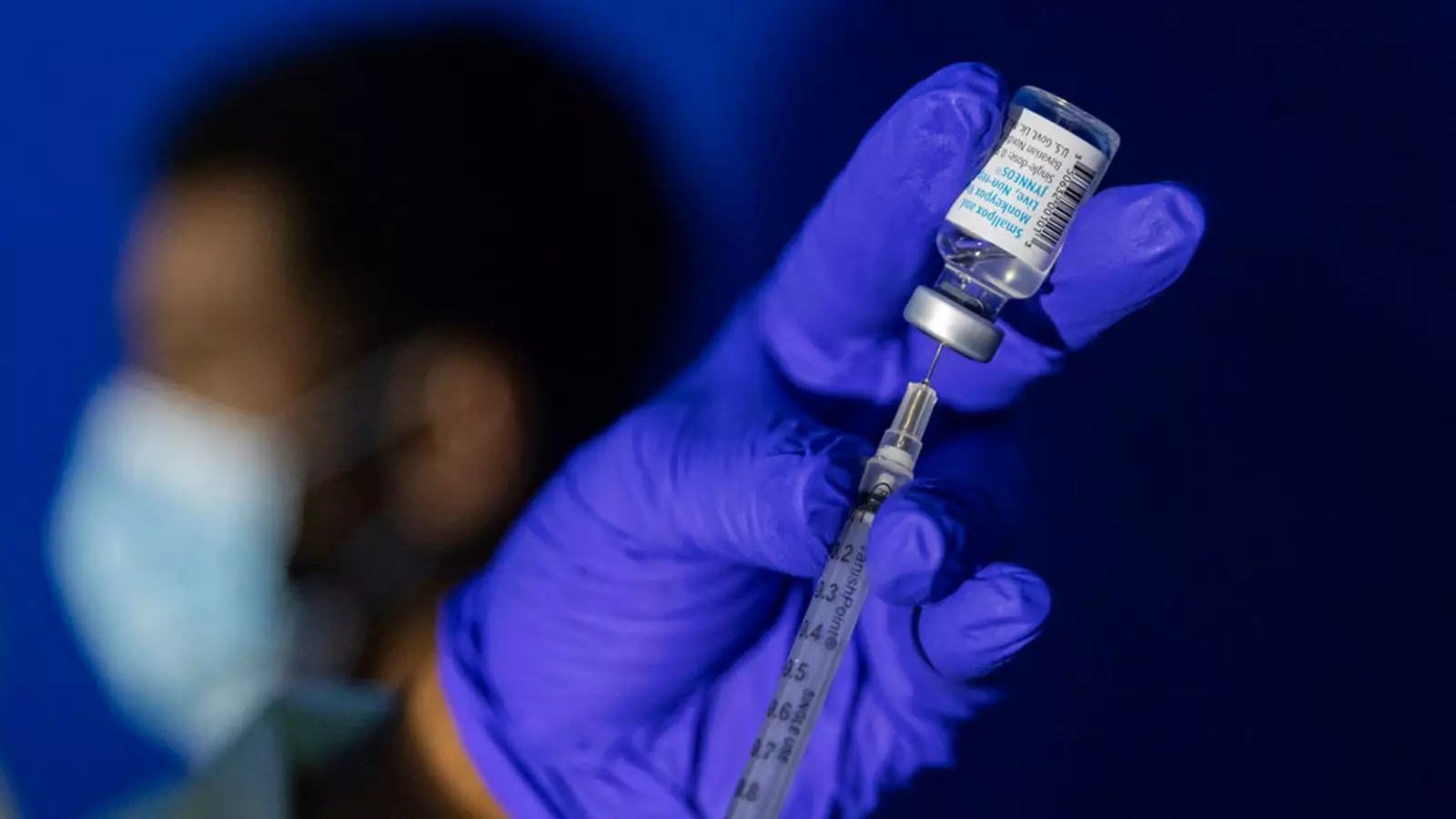Recent reports from infectious diseases experts have raised concerns about a new and potentially more dangerous variant of mpox, also known as monkeypox. This variant, identified as clade 1b, has already been confirmed in countries such as Sweden and Pakistan after originating in the Democratic Republic of the Congo (DRC). With the World Health Organization declaring it a global health emergency due to its rapid spread across 13 African countries, the implications of this new variant are significant.
Infectious diseases expert Professor Paul Hunter has indicated that the new variant of mpox is “very likely” already present in the UK. He explained that the confirmation of cases may take some time as individuals need to exhibit symptoms, seek medical attention, and have their samples tested for sequencing. The disease presents initially with non-specific symptoms that could easily be mistaken for common illnesses like the flu or even COVID-19, making it challenging to identify early on.
Mpox is typically spread through sexual contact, particularly when fluid from blisters is exchanged. The disease manifests with the development of blisters on the face and other areas of the body. It can be mistaken for other illnesses before the characteristic blisters appear, complicating timely diagnosis. Despite the alarming spread in African countries, Professor Hunter reassured that for most individuals, mpox is a relatively mild illness that resolves on its own.
Prof Hunter highlighted that the risk of mpox infection remains low for the general population unless individuals are engaged in specific high-risk behaviors, such as being part of certain “sexual networks” with multiple partners. The UK Health Security Agency (UKHSA) has emphasized that the risk in the UK is currently considered low, and the existing mpox vaccine is effective against the new strain. While transmission through methods like skin-to-skin contact is possible, it is rare.
In response to the new variant of mpox, health authorities have emphasized the importance of seeking medical attention promptly for those who may be at risk of infection. Prof Hunter also mentioned the significance of providing supportive care to reduce mortality rates associated with the disease. With proper medical intervention, the mortality rate for mpox can be significantly lowered, particularly with effective treatment and care.
The emergence of a new, more dangerous variant of mpox poses a potential threat to public health in the UK. While the risk of widespread transmission remains low, vigilance and appropriate medical care are crucial in addressing any potential cases. Collaboration between healthcare providers, public health agencies, and individuals can help mitigate the impact of this new variant and prevent further spread within the community.


Leave a Reply